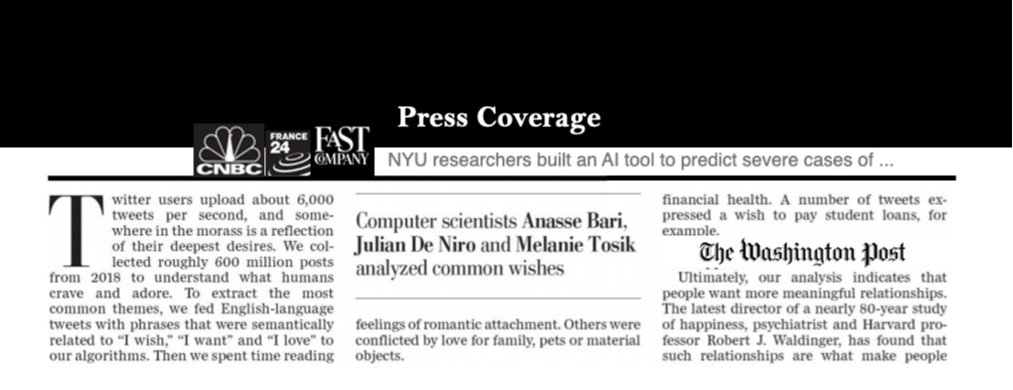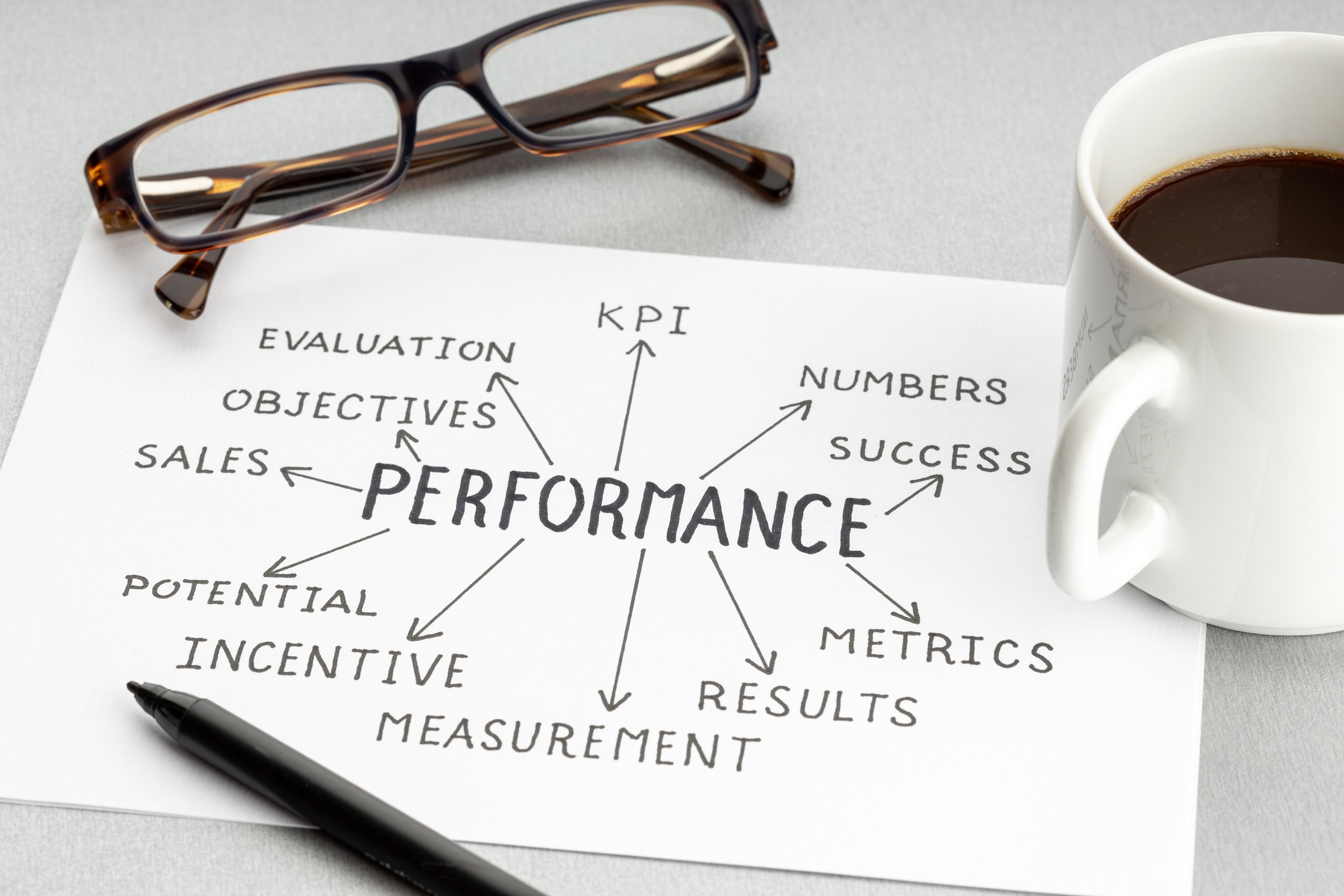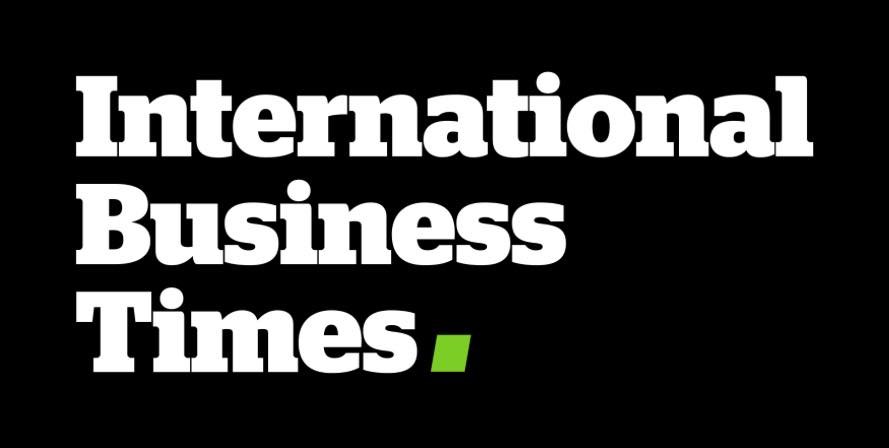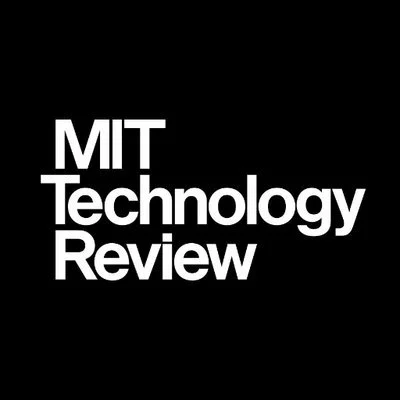
Television Coverage
Prof. Bari’s work has been covered in several magazines and media outlets. Topics include business performance, Wall Street and AI, healthcare, and politics. Please scroll down to visit the articles.
Business Performance
May 2018, Forbes:
“What Your Startup Needs To Know About Predictive Analytics (It Is Not As Scary As It Sounds)”
Kate Harrison of Forbes: “I sat down with the author of best-selling book Predictive Analytics for Dummies, computer science Professor Anasse Bari of New York University’ Courant Institute of Mathematical Sciences,. Bari has what he describes as “intimate knowledge and enthusiasm for predictive analytics. He patiently explained how and why small businesses should take advantage of this new technology.”
May 2020, Stanford University
“Design thinking and data science to combat COVID-19”
Prof. Bari: “There are natural parallels between design thinking and data science, in that both are trying to make surprisingly insightful connections between two factors that may be traditionally overlooked. In design thinking, we have methods to brainstorm, ideate, narrow down the solution space. In data science, there are algorithmic and statistical parallels to draw connections between seemingly distant datasets.”
Wall Street and Financial Markets
August 2017, Predictive Analytics Times:
“Wise Practitioner – Predictive Analytics Interview Series: Anasse Bari, New York University”
Professor Anasse Bari of New York University, formerly with the World Bank, is steadily becoming the go-to advisor for Wall Street. Although an outsider, he is providing data-driven insights that can help Wall Street hedge funds and other institutions make sound investment decisions.
February 2019, MarketWatch:
“How data scientists found a link between restaurant inspections and New York’s wild real-estate market”
In a recently published paper, New York University computer-science professor Anasse Bari and Rafael Moraes and Jiachen Zhu found that traditional price-forecasting models can be enhanced by adding data sets available through New York City’s “Open Data” project, which makes a range of data published by city agencies and their partners available to the public.
August 2017, Predictive Analytics Times:
“Wall Street and the New Data Paradigm”
Wall Street is big business, and it is about to become even bigger with the rise of big data. It is every investor’s dream to have prior knowledge of the direction of the market before it happens, which is why financial investment firms are driven to mine for data rather than for gold in the information economy.
November 2017, International Business Times UK:
“Deep learning and big data: Wall Street and the new data paradigm”
Professor Anasse Bari of New York University, formerly with the World Bank Group, is a prominent figure in the realm of predictive analytics. The new data-driven paradigm, fueled by new alternative data sources, high performance computing and predictive analytics, offers a more robust framework to generate data-driven investment theses.
Healthcare and Coronavirus
April 2020, France 24:
“Can machine learning help predict severe cases of Covid-19?”
In this edition, we tell you how artificial intelligence is assisting scientists not only in developing new drug molecules, but also how it's helping predict the most severe cases of Covid-19. This as it can quickly comb through huge amounts of scientific and medical data looking for connections.
May 2020, Fast Company:
“NYU researchers built an AI tool to predict severe cases of COVID-19”
Some people have only mild coronavirus symptoms, while others end up on ventilators. This algorithm could help doctors understand which patients are most likely to become severely ill.
LA Times, April 2020
“Ventilators for coronavirus patients are in short supply. How scientists might pivot”
Anasse Bari of NYU’s Courant Institute plan to refine their prediction tool by adding in the disease histories of more than 14,000 COVID-19 patients that have been admitted to New York City hospitals. Bari hopes a reliable decision tree will help guide healthcare
April 2020, CNBC:
“New tool may be able to predict severe COVID-19 cases, NYU professor says”
Professor Anasse Bari of NYU’s Courant Institute of Mathematical Sciences outlines how machine learning and artificial intelligence could help in the fight against the coronavirus crisis.
May 2020, World Economic Forum:
“This AI model has predicted which patients will get the sickest from COVID-19”
In this study from NYU co-led by Prof. Bari, algorithms predicted with an accuracy of 70-80% the people who became extremely sick.
We are two researchers at New York University that study predictive analytics and infectious diseases. In early January, we realized that it was very possible the new coronavirus in China was going to make its way to New York and we wanted to develop a tool to help clinicians deal with the incoming surge of cases. We thought predictive analytics – a form of artificial intelligence – would be a good technology for this job.
April 2020, The Times:
“Coronavirus: Aching muscles could be warning of a serious case”
The system, developed at the New York University Grossman School of Medicine, was able to predict which patients would go on to develop severe respiratory disease with up to 80 per cent accuracy.
April 2020, France 24:
“AI tool predicts which coronavirus patients get deadly 'wet lung' ”
What makes this different is that doctors are learning on the fly about COVID-19, and the tool can help steer them in the right direction, in addition to helping them decide which patients to focus on as hospitals become overwhelmed, said co-author Anasse Bari, a computer science professor at NYU.
Social Good and Well-Being
Dec 2018, The Washington Post:
“What the World Wants”
We applied Natural Language Processing (a form of AI) to 600 million tweets to understand what humans want the most.
The Communication Guys Podcast, 2019:
“What the World Wants the Most”
Meet an NYU professor with a Ph.D. in Computer Science who decided to find out how most people finish those sentences. Last year he collected 600 million posts from Twitter to see if he could determine what people “wish, want, and love” most.
April 2020, The Sun:
“SUBTLE SIGNS The 3 mild coronavirus signs that can tell doctors if you will suffer severe lung disease”
Anasse Bari, a clinical assistant professor at NYU who co-authored the study, added: "We’re not by any means trying to replace doctors’ decisions. We just want to arm doctors with tools to see quickly if this is a severe case and predict outcomes."
April 2020, Vanity Fair:
“Worse Than Anything We’ve Ever Seen: Frontline Doctors Race to Learn the Mysteries of a Deadly Virus”
The infection itself does have some perplexing features,” said Dr. Megan Coffee, a clinical assistant professor at the NYU Grossman School of Medicine specializing in infectious diseases and immunology, who co-authored a study about an experimental A.I. tool that predicts which patients with the virus will develop a serious respiratory illness.
April 2020, Telquel (French):
“Professeur Anasse Bari: “L’IA devrait être utilisée comme un outil d’aide à la décision pour les médecins””
Je dirige depuis trois ans une équipe de recherche à l’Université de New York qui se concentre sur l’application de l’IA pour résoudre des problèmes sociaux à fort impact tels que les problèmes des marchés financiers, les épidémies, l’intelligence artificielle des émotions, le changement climatique et le bien-être.
May 2020, MIT Technology Review (Arabic):
“AI Tool To Predict Severe Pandemic Virus Patients”
Prof. Anasse Bari of NYU’s Courant Institute of Mathematical Sciences outlines how machine learning and artificial intelligence could help in the fight against the coronavirus crisis.
April 2020, Futurist:
“Tool Predicts Who’ll Get Seriously Sick From COVID-19”
An artificial intelligence tool can accurately predict which patients newly infected with the COVID-19 virus go on to develop severe respiratory disease, a new study shows.
Politics
January 2022, NYU Magazine:
“Using Artificial Intelligence to Predict Legislative Votes in the United States Congress
Ninety percent of wannabe laws introduced in the US Congress die in committee. Why do some ideas make it through both the House and Senate, while others don’t? Clinical associate professor of computer science Anasse Bari and his colleagues at the Courant Institute of Mathematical Sciences are working to reduce the guesswork.”
February 2022, The Hill
“What the Twitterverse thinks President Biden should do”
Big Data and AI have the potential to provide a competitive edge not only to win and predict presidential elections, but also to be applied on a grander scale in order to gauge public opinion about government policies, which could help lawmakers make more data-driven decisions — and to have a better understanding of the nature of our civic engagement. The applicability of specialized Artificial Intelligence in the world of politics is becoming more promising, and in the near future, AI will set a new paradigm towards a more data-driven world of politics.
November 2022, The Hill
“Big Data signaled winner days before Election Day”
In the information age, Big Data and AI are here to stay. Tweets, Google searches and Facebook posts should not be ignored and may prove crucial in predicting a presidential election regardless of the noise and Twitter bots that can be algorithmically filtered out to a certain extent. Once again, the Twitterverse and Googlers provided a bright bulb to foresee the future, this time in politics.
October 2016, Solutions Review:
“Using Analytics to Understand the Presidential Debates”
We ran sentiment analysis algorithms on the tweets to learn more about the mood of the electorate. We also used what was said by the candidates during the debates through the analysis of the full transcripts of their responses.




























